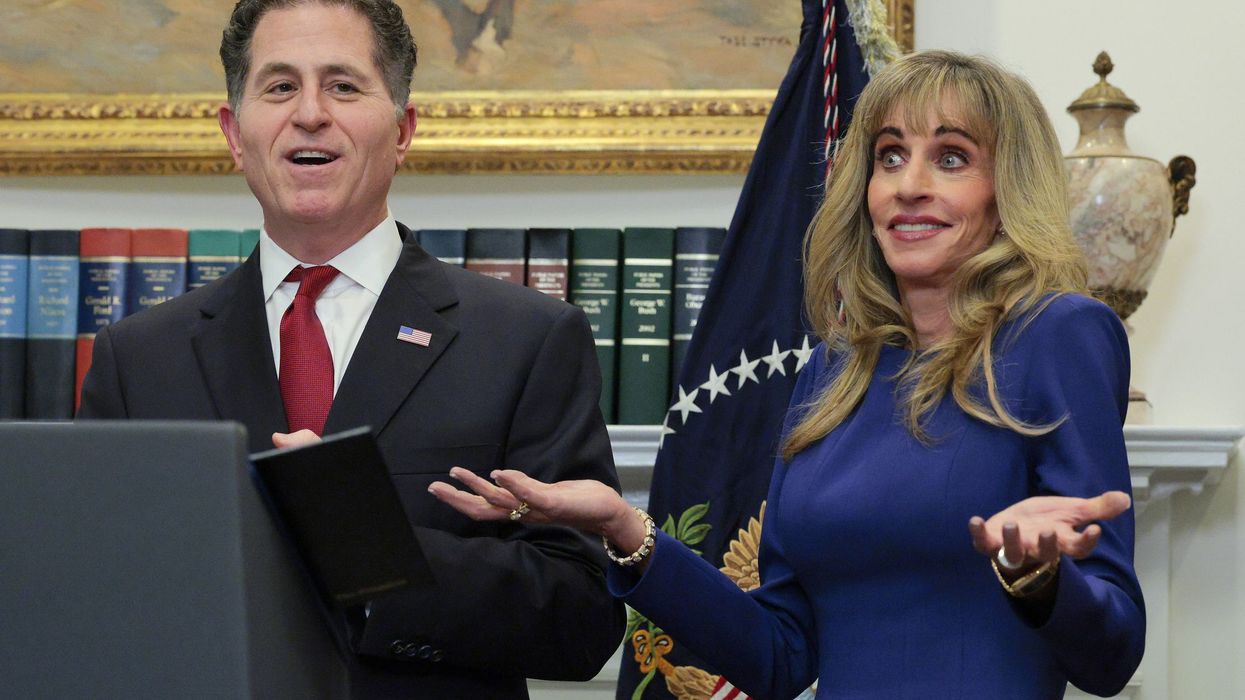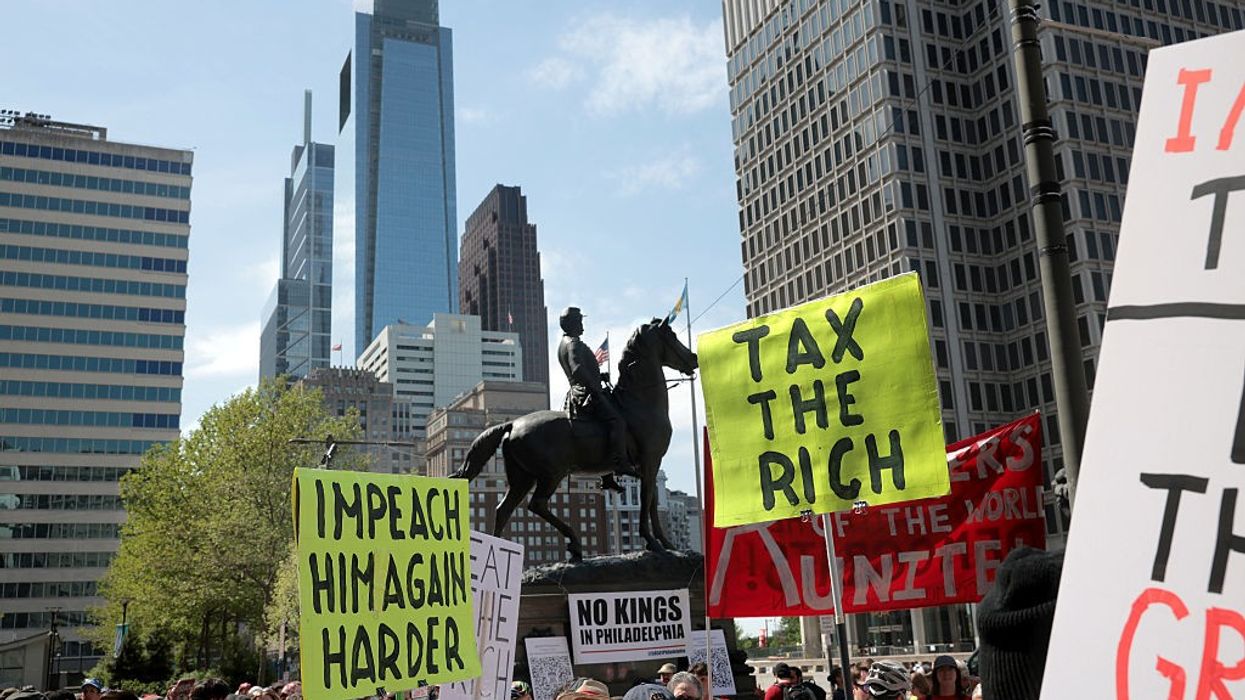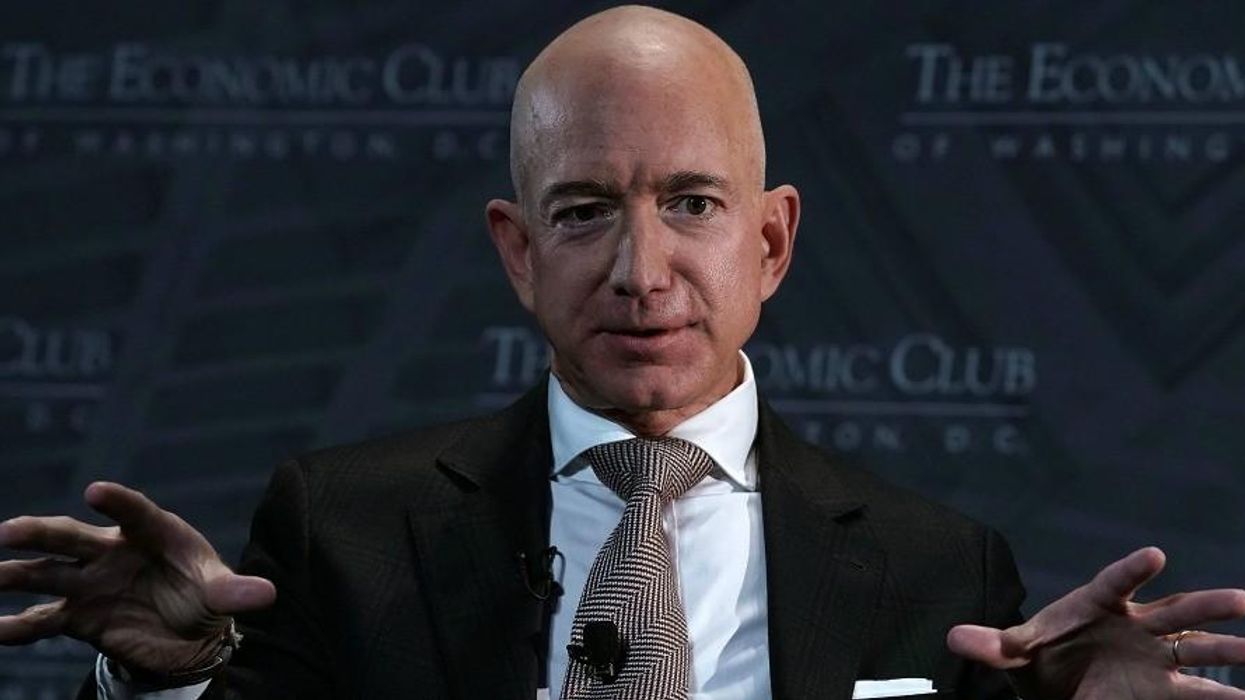Global System 'Rigged for the Wealthy' Delivers World With 'More Billionaires Than Ever'
New annual report on "ambitions" of billionaires by wealth management giant UBS shows just 2,919 individuals have a combined wealth of $15.8 trillion.
A new assessment by the international wealth management giant UBS this week shows that the number of billionaires in the world has reached new heights and that the acceleration of inherited wealth represents a new chapter for the ultra-rich in the 21st Century.
The latest UBS Billionaire Ambitions Report, unveiled Thursday, details how just 2,919 individual billionaires have a combined wealth of $15.8 trillion. The number of billionaires in the world is up nearly 9 percent from the previous year. In the United States—where nearly a third of those on the list reside—924 billionaires hold a collective $6.9 trillion in wealth.
The assessment by UBS—which surveyed its own billionaire clients as part of the survey, now its eleventh edition—emphasizes a surge of inherited wealth among the billionaire class. According to the report:
In 2025, 91 heirs (64 of them male and 27 female) inherited a record USD 297.8 billion. That’s 36% more than in 2024, despite fewer people inheriting overall. Globally, inheritance bolstered the number of multigenerational billionaires, with some 860 multi-generational billionaires now overseeing total assets of USD 4.7 trillion. That’s up from 805 with USD 4.2 trillion in 2024.
Across the world, multi-generational billionaires are slowly extending down the generations, with the number of second-generation billionaires growing by 4.6% in the 2025 report, the number of third generation
by 12.3%, and the number of fourth generation and beyond by 10%.
The growing number of billionaires, including a rapidly increasing share who inherited their wealth rather than generating it themselves, says UBS, "heralds a new era" for the ultra-rich as "the great wealth transfer is intensifying as heirs inherit more than ever before.
The coming decades, the report notes, "will see growing numbers of billionaires and centi-millionaires as the Great Wealth Transfer continues to accelerate. Billionaires are estimated to transfer approximately USD 6.9 trillion of wealth globally by 2040, with at least USD 5.9 trillion set to be passed to children—either directly or indirectly through spouses."
Of the $6.9 trillion currently held by US billionaires, the report estimates that $2.8 trillion of that wealth will be passed down to heirs over the next 15 years.
"The world has more billionaires than ever because of a system that’s broken for workers and rigged for the wealthy and CEOs who already make 285 times what workers do," said the AFL-CIO in response to the report.
The union federation says that organized workers winning better collective bargaining is the first step needed to "level the playing field" for working people, while others see the surging fortunes of the ultra-wealthy as just more evidence that taxing the rich must remain at the top of the economic and political agenda both at the national level and internationally.
With the UBS report showing that 91 of the new billionaires created this year arrived at their financial status through inheritance, Hal Singer, economics professor at the University of Utah, said, "That's 91 additional reasons for a wealth tax."


